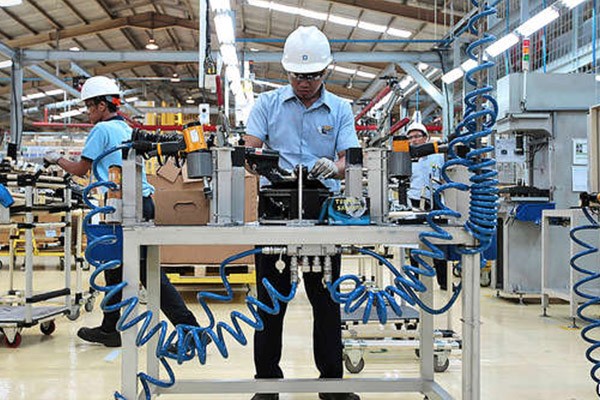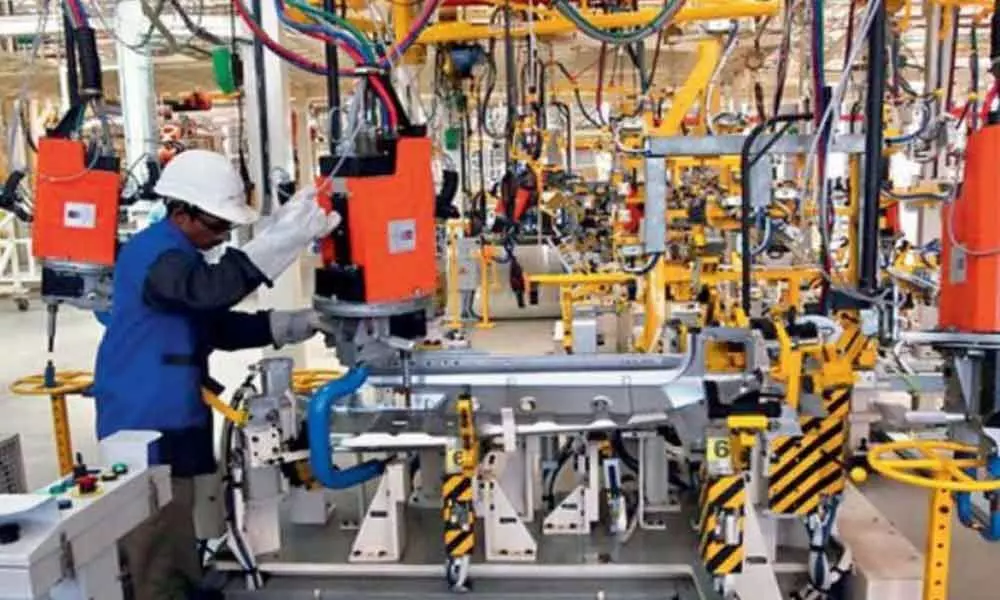Small-scale manufacturing, once seen as limited by resources and scale, is undergoing a remarkable transformation, thanks to technological advancements. Innovations in automation, 3D printing, and data analytics are enabling small businesses and entrepreneurs to compete with larger manufacturers, offering them access to tools that were once out of reach.
For small business owners and industry professionals, staying ahead of this curve means leveraging these technologies to boost efficiency, reduce costs, and deliver higher-quality products.
Here are five key ways technology is revolutionizing small-scale manufacturing.
1. Automation Streamlines Production
Automation is no longer reserved for large factories with endless budgets. Today, small manufacturers can invest in affordable automation tools such as programmable logic controllers (PLCs), robotics, and automated assembly lines tailored to smaller operations.
By reducing reliance on manual labor for repetitive tasks, automation saves time and minimizes errors. A small furniture maker, for instance, can use robotic cutting machines to ensure precise cuts for each piece, reducing material waste and increasing output. Even partial automation, such as auto-packing or sorting machines, can dramatically improve workflow while keeping costs manageable.
2. 3D Printing Enables Prototyping and Customization
Additive manufacturing, or 3D printing, is a game-changer for small-scale manufacturers looking to innovate and stay agile. With 3D printers, businesses can rapidly produce prototypes or small production runs without investing in costly molds or tooling.
Customization has become a major selling point for customers, and 3D printing allows manufacturers to offer unique, tailored designs. For example, a custom jewelry business can create intricate, one-of-a-kind pieces on-demand, delighting customers and standing out in a competitive market. In addition, advances in materials like metal, resin, and bioplastics make 3D printing a versatile option for a broad range of industries.

3. IoT Enhances Machine Connectivity
The Internet of Things (IoT) is bridging the gap between traditional manufacturing equipment and digital technologies. IoT-enabled devices can communicate with one another, share real-time data, and provide actionable insights to improve operations.
For small manufacturers, IoT tools allow them to monitor equipment performance, track inventory levels, and predict maintenance needs. A small bottling plant, for instance, can use IoT sensors to detect performance dips in bottling machines, addressing issues before they escalate into costly downtime. This level of connectivity brings efficiency and scalability within reach for small operations.
4. Cloud-Based Tools Simplify Operations
Cloud technology is empowering small-scale manufacturers by offering scalable solutions without the need for hefty infrastructure investments. Cloud-based enterprise resource planning (ERP) systems, inventory management software, and customer relationship tools allow manufacturers to streamline every aspect of their business.
For example, a craft beverage company could use a cloud-based inventory tool to track raw materials and finished goods in real-time across multiple locations. These tools ensure that manufacturers remain organized and adaptable as their operations grow. Better yet, they offer the flexibility to manage processes from virtually anywhere.
5. Data Analytics Drives Smarter Decision-Making
Data has become one of the most valuable assets in manufacturing. Analytics tools, which were once available only to industry giants, are now accessible to small-scale businesses. By analyzing production data, sales trends, and customer insights, manufacturers can identify opportunities for improvement and make data-driven decisions.
Imagine a small clothing manufacturer using analytics to predict demand for specific styles based on seasonal trends. Accurate forecasting not only reduces overproduction but also ensures stock availability for high-demand items, boosting profitability and customer satisfaction.
Conclusion
Technology is leveling the playing field for small-scale manufacturers, offering tools that enhance efficiency, innovation, and customer engagement. From automation and 3D printing to IoT and data analytics, these advancements provide opportunities to grow, compete, and succeed in today’s dynamic market.




Leave a Reply